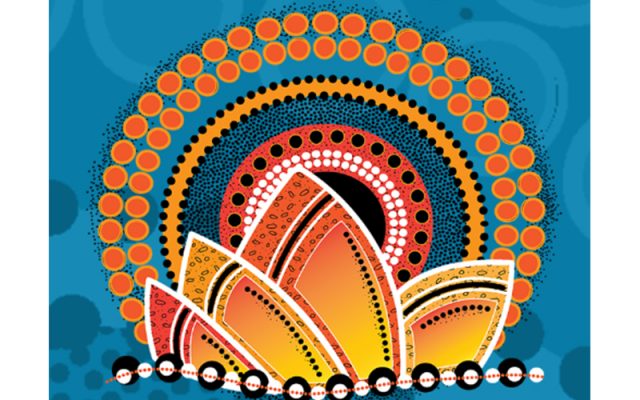
Reflecting on 2021: Managing risk and collaboratively coding qualitative data
As we settle into the new year, we are adjusting back into earlier mornings and busier schedules (with, of course, plenty of coffee). As we plan for the year ahead, we are also taking time to reflect on the year that passed and what we can learn and take with us into our new work.
Managing risk
There was one project last year where the pandemic really challenged us with factors outside of our control, but which provided a valuable learning environment for our project team.
During this project, which was high-profile and national in scope, we found ourselves in a constant balancing act. Face-to-face data collection that was to occur across the country suddenly became quite a difficult task as outbreaks and restrictions emerged at different times across states. We were required to strike a delicate balance between managing the risk of project completion, ensuring the safety of all participants, but also ensuring we were able to speak with as many stakeholders as we safely could to ensure their voices were heard.
A proactive risk management approach, in which we coordinated support from our ARTD team members located in different states and continuously communicated to manage the expectations of all involved, ensured the evaluation was completed safely and to quality.
This experience really cemented for us that risk management requires everyone, not just the project manager, to engage, clearly communicate, and think creatively when back-up plans fall down.
Collaboratively coding qualitative data
With a large set of qualitative data successfully collected, we prepared for analysis using NVivo – a software that allows you to organise your data into themes, and explore not only the frequency of themes but also the relationships between them and how different stakeholders think about them.
With hundreds of interview transcripts to code and analyse thematically, we knew we would need a large team to help, and that meant the quality of the work was reliant on fine tuning internal processes and making sure they were implemented consistently. We found that tightly tracking the coding process and progress, and holding regular meetings to iteratively develop and refine the coding framework using a grounded-theory approach to the analysis, allowed us to identify any issues in the coding framework.
Analysing qualitative data
When analysing qualitative data, it can be easy for those involved to interpret themes differently. To avoid this, regular conversations with those completing both the coding and analysis is crucial. Just as important is recording these conversations as part of the process to ensure nothing is lost.
Although not new to us, the importance of the iterative nature of the coding process was once again highlighted during this project. This approach allowed us to not only capture the richness of perspectives from different stakeholder groups, but also to ensure we were able to balance these different perspectives during reporting.
With this all in mind, an exciting year ahead awaits with plenty of learnings to carry forward.




